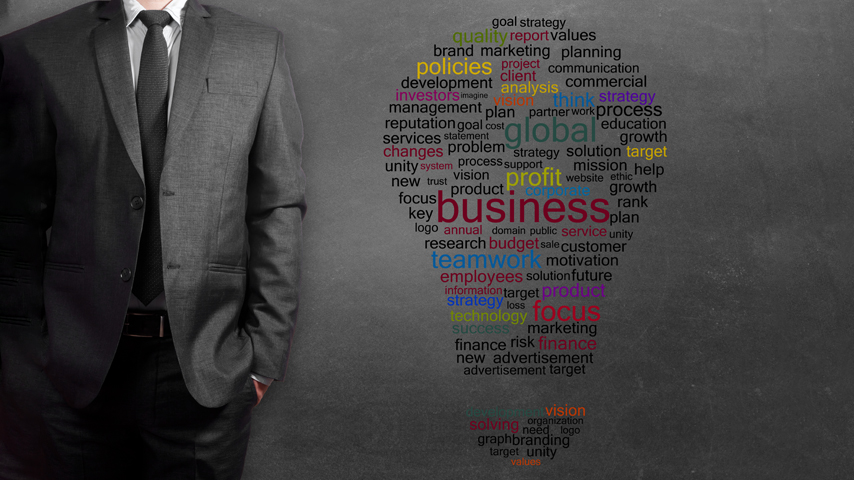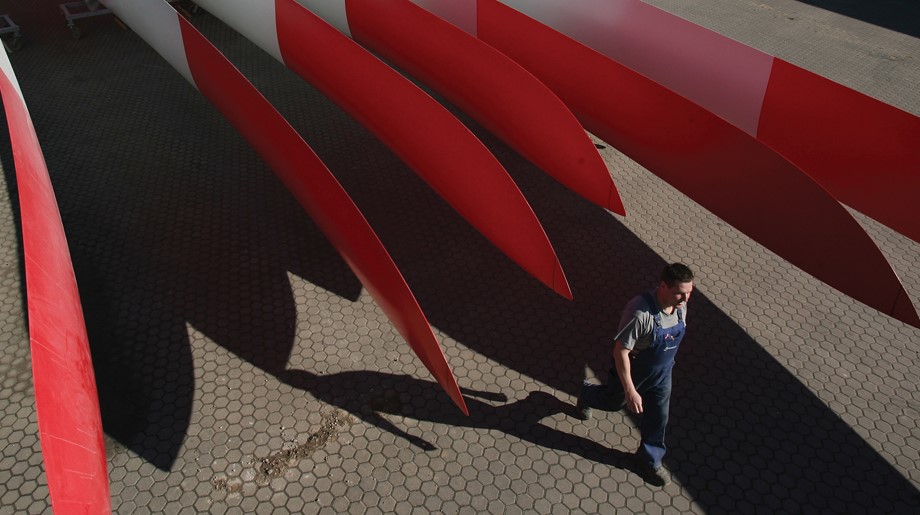Senate Finance Committee Hearing Explores What Went Wrong with Medical Supply Chains During Covid-19 Epidemic in Recent Hearings
Senate Finance Committee Hearing Explores What Went Wrong with Medical Supply Chains During Covid-19 Epidemic in Recent Hearings
The Senate Finance Committee recently held a two-part hearing on “Protecting the Reliability of the U.S. Medical Supply Chain During the COVID-19 Pandemic.” The hearing pulled from a range of witnesses including experts from industry, academia, and the federal government. The role of the Administration in the fight against the pandemic sparked a debate amongst committee members. Several members expressed their frustration at the lack of regulation and coordination at the federal level to prevent against the distribution and of counterfeit equipment at exorbitant prices.
In his opening remarks, Committee Ranking Member Ron Wyden (D-OR) gave a first-hand testimony to some of the difficulties states have faced in the fight against Covid-19, detailing how his home state of Oregon “…purchased close to one million N-95 masks from a supplier in China. After those masks arrived, they were de-certified because they could not pass a key safety screening. The U.S. agency that tests respirators, NIOSH, now says that some of the Chinese respirators they rejected could have been counterfeit, but no one knows for sure.”
Soraya Correa, Chief Procurement Officer with the Department of Homeland Security (DHS) provided a behind the scenes glimpse into all the work being done at the agency to prevent similar situations from happening again. This includes the establishment of two Supplier Verification sub-teams dedicated to locating necessary equipment such as Covid-19 tests, and Personal Protective Equipment (PPE) to distribute.
Steve Francis, Assistant Director, Homeland Security Investigations Global Trade Investigations Division, Director, National Intellectual Property Rights Coordination Center with United States Immigration, Customs, and Enforcement (ICE) also discussed the work the agency has been undertaking to prevent the distribution of counterfeit materials, “Since the launch of this operation, we've opened over 570 criminal investigations worldwide and ... while working alongside Customs and Border Protection, we've seized over 900 shipments of mislabeled, fraudulent, unauthorized, or prohibited COVID-19 test kits, treatment kits, homeopathic remedies, purported antiviral products, and PPE." He also explained that "The largest percentage of seizures have been of COVID-19 test kits at 45% [because] these products didn't meet federal standards or provide the benefits they claimed to provide.”
In addition to preventing the distribution of counterfeit supplies, the committee also explored ways to strengthen the supply chain, as well as ensure reliable access to products at a reasonable price. In his opening comments Committee Chairman Chuck Grassley remarked, “Before the coronavirus pandemic, hospitals and healthcare workers could avoid purchasing counterfeits by tapping into tried-and-true supply chains. However, as the demand for PPE skyrocketed, some of these providers have had to go outside their normal supply chains to source supplies, and in some cases have inadvertently purchased fake, faulty and even illicit medical supplies.”
However, it was not all doom and gloom, with a recurring theme for rebuilding stronger than before centered around diversification. As Cathy Denning, RN, MSN, Group Senior Vice President, Sourcing Operations, Analytics And Center Of Excellence at Vizient surmised, “We need a diversified supply chain – one that is global in nature. By having multiple manufacturing locations spread across the globe, we mitigate the risk of having all manufacturing of an essential product in one location wiped out by a single event.”
View the archived webcast of Part I of this hearing.



